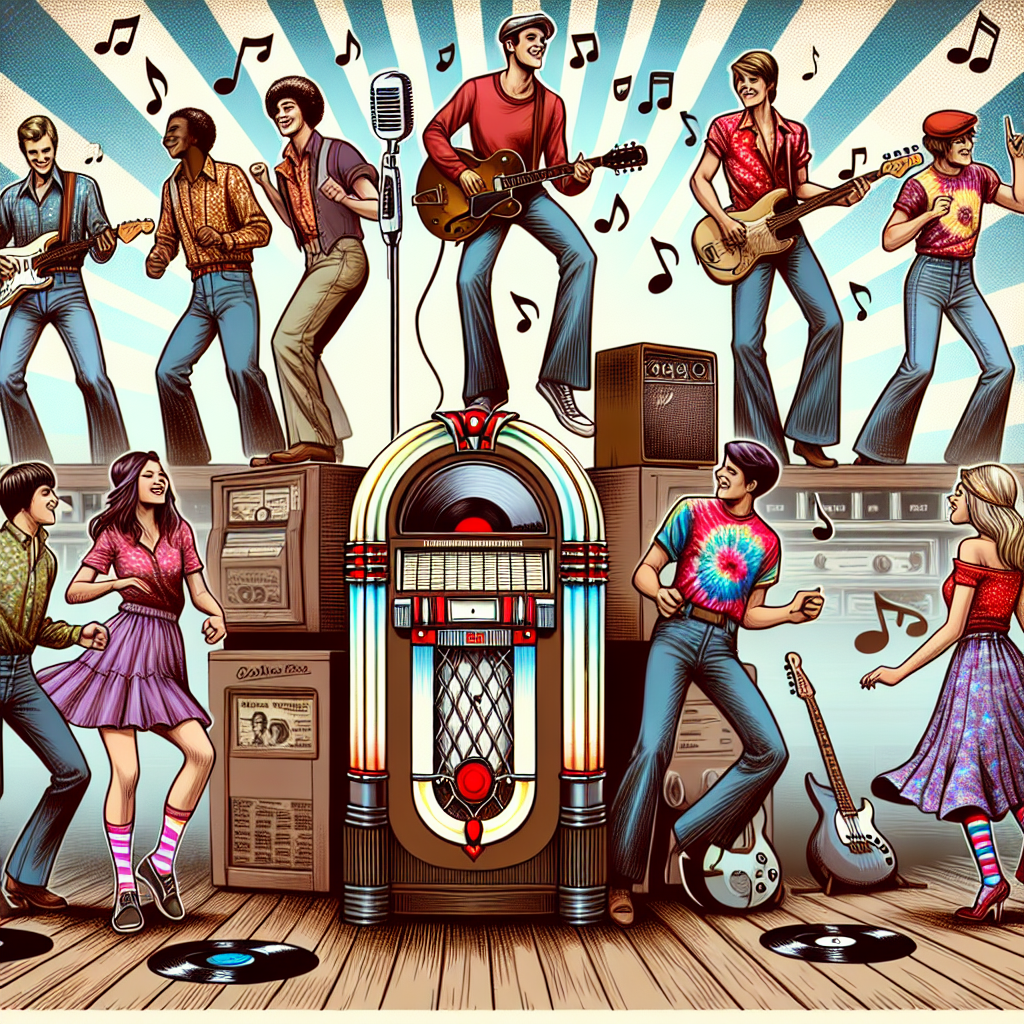The 1960s and 1970s were a time of immense cultural change and revolution, with music playing a central role in shaping the attitudes and beliefs of an entire generation. The soundtrack of this era reflected the social and political upheaval that was taking place, as well as the changing fashion trends and advancements in technology.
Music has always been a powerful form of expression, capable of conveying emotions and ideas in a way that words alone cannot. During the 60s and 70s, musicians used their platform to speak out against war, racism, sexism, and other social injustices. Songs like Bob Dylan’s “Blowin’ in the Wind” and Marvin Gaye’s “What’s Going On” became anthems for the civil rights movement and anti-war protests.
Politicians and policymakers also recognized the influence that music could have on the younger generation, leading to efforts to censor or ban certain songs that were deemed too controversial or subversive. However, this only served to fuel the fire of rebellion among young people who saw music as a tool for challenging authority and promoting social change.
Music was not just a means of political expression during this time – it also played a significant role in shaping fashion trends. Musicians like Jimi Hendrix, Janis Joplin, and David Bowie were not only known for their groundbreaking music but also for their unique sense of style. Their bold fashion choices inspired a whole generation to experiment with new looks and push boundaries when it came to personal expression.
Advancements in technology also had a profound impact on the music industry during this era. The invention of the electric guitar revolutionized rock music, while innovations in recording equipment allowed artists to experiment with new sounds and production techniques. The rise of FM radio gave musicians greater exposure and helped to popularize genres like psychedelic rock and funk.
Overall, the music of the 60s and 70s was about more than just entertainment – it was a reflection of the times in which it was created. It captured the spirit of rebellion, experimentation, and optimism that defined an entire generation. Despite facing opposition from politicians and critics, musicians continued to push boundaries and challenge societal norms through their art.
In conclusion, the soundtrack of the 60s and 70s was a powerful force for change that helped to define an entire cultural revolution. Music not only provided a voice for marginalized groups but also inspired new fashion trends and pushed technological boundaries within the industry. As we look back on this era today, we can see how music played a crucial role in shaping our understanding of history and influencing future generations.


Get involved!
Comments